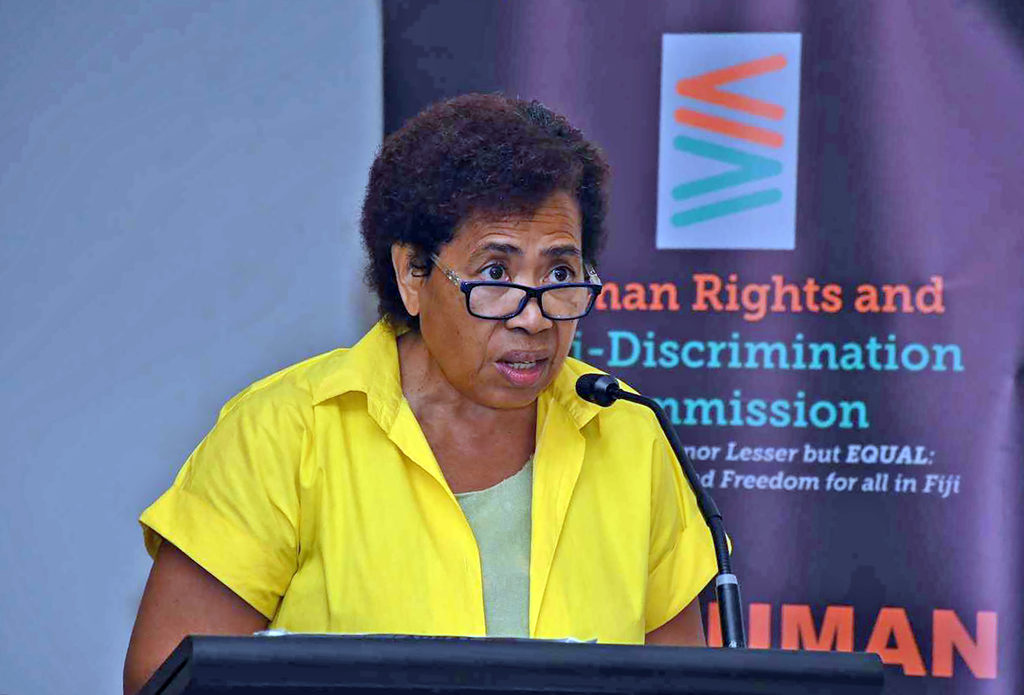MIGRANT workers in Fiji face unique challenges, particularly in the face of rapid digitalisation, says Human Rights and Anti-Discrimination Commissioner Alefina Vuki.
She told a workshop on migrant workers’ rights in Lautoka last Thursday those migrant workers played a crucial role in the national economy, while being also vulnerable to exploitation and job displacement attributed to a lack of digital literacy and limited support networks.
“The migrant workers, most of whom are not tech-savvy, lack communication, technology and digital literacy, and so they become particularly vulnerable to abuse and being taken advantage of,” Ms Vuki said.
“There is always a fear of job displacement with digitalisation progress, especially for workers who handle low-skilled or manual jobs.
“These jobs can be replaced by automation where technology reduces human input and migrant workers are more vulnerable in this situation because they do not have a level of support, precisely because they’ve left their home country, and they’re in another situation where this support, like family support, is not immediately available to them in situations of crisis and distress.”
Ms Vuki said digital progress has disproportionately affected the workforce, as some employers use digital surveillance mechanisms to monitor and control workers, including migrant workers working in factories, on farms or construction sites.
“While we understand the need for supervisory management, there are times when supervisory management exceeds its professional boundaries and infringes on their privacy.
“I urge all employers to respect workers’ rights to privacy, ensuring all their policies, the implementation and operations of their policies, are human rights-compliant.
“The dignity of every worker must be respected and promoted.”
Ms Vuki added the need to balance digital progress with workers’ rights by integrating technology in ways that enhance productivity without undermining job security.



